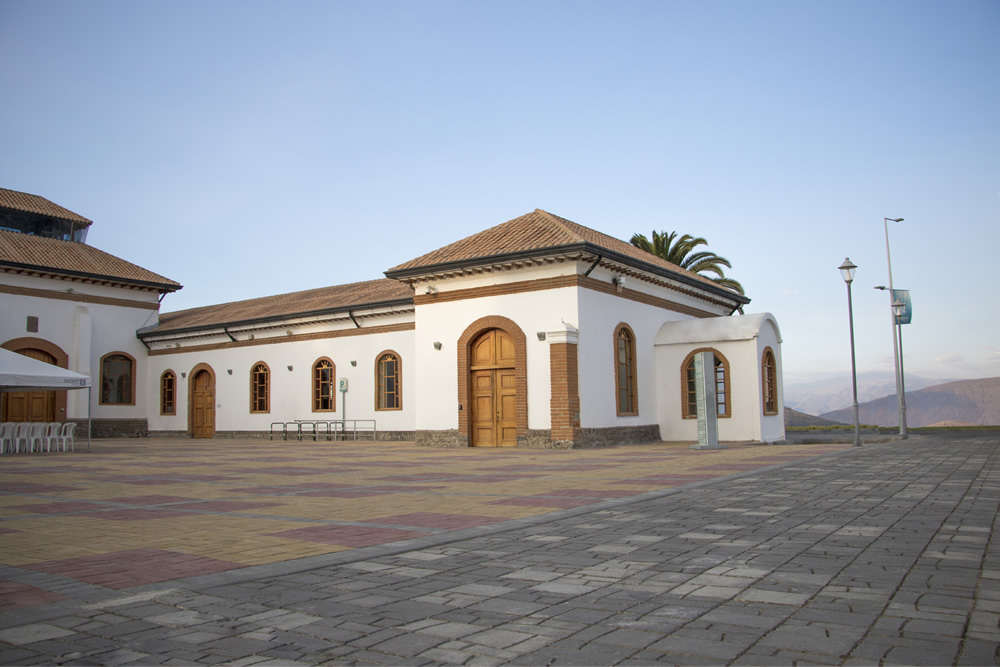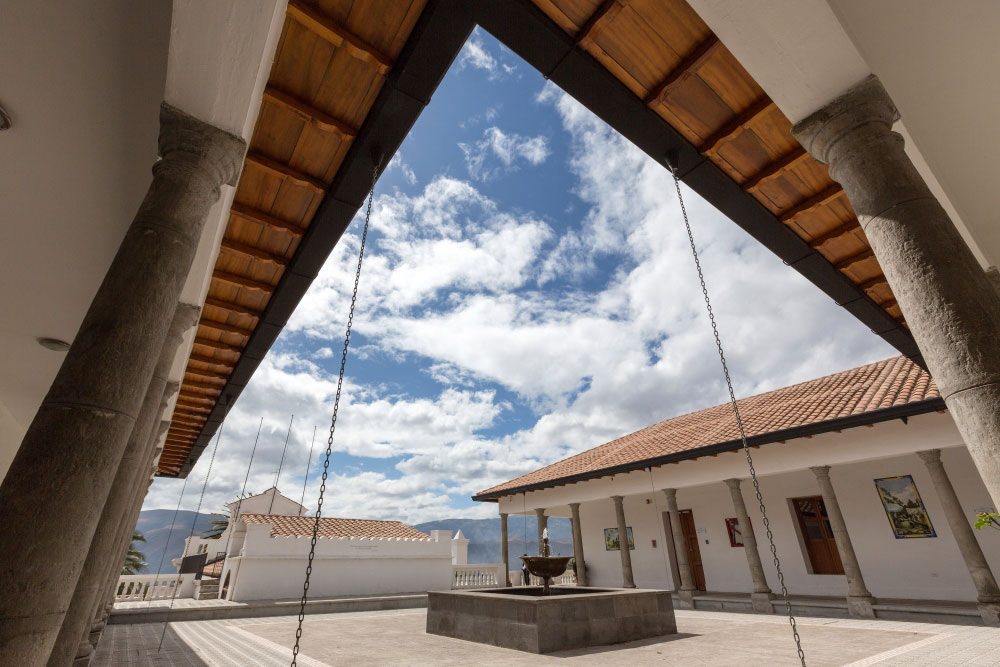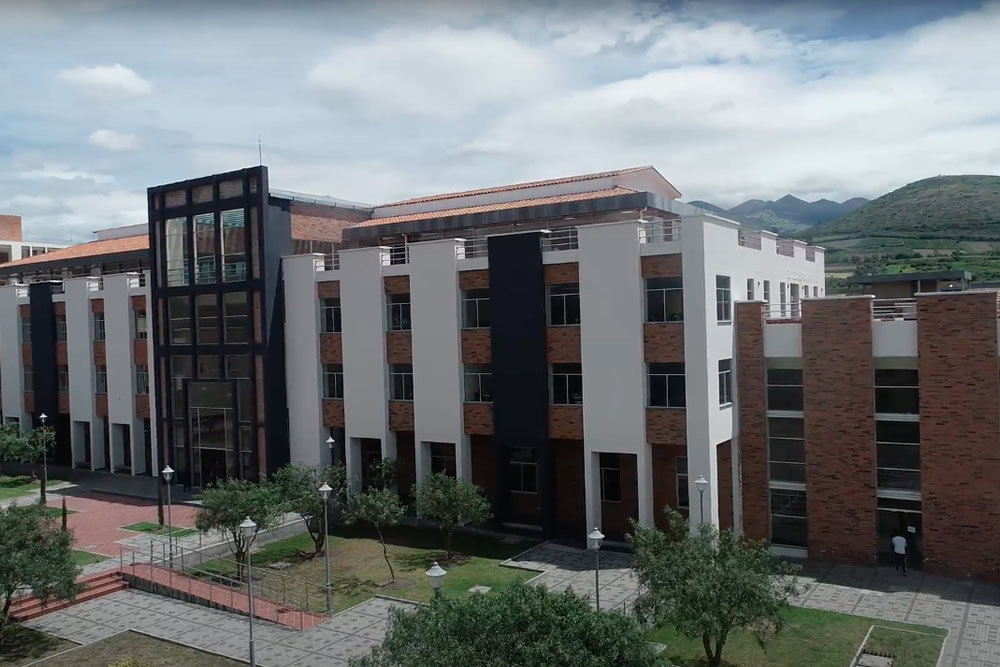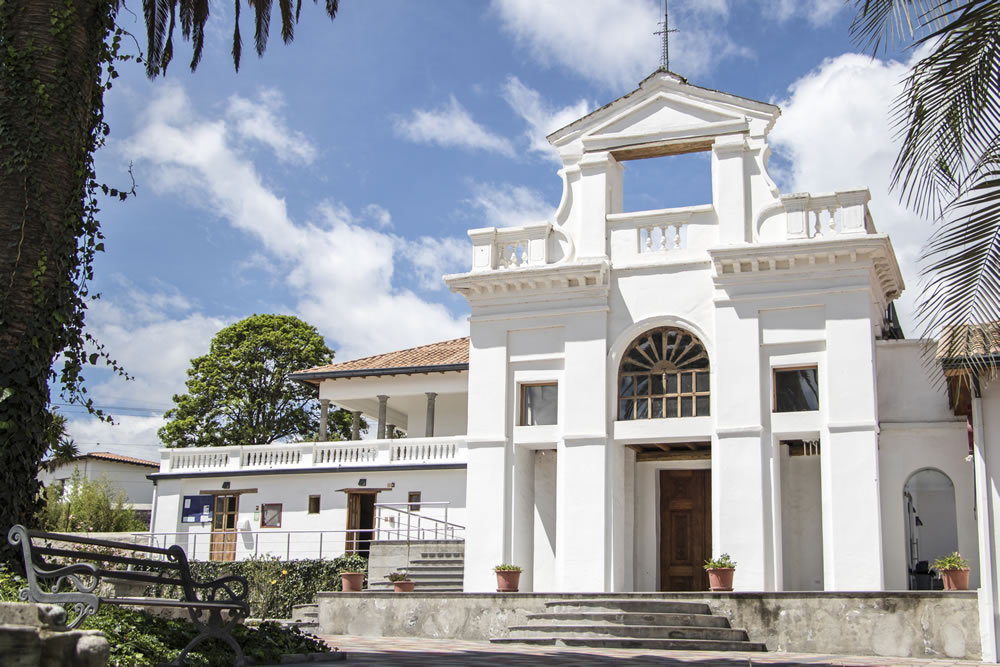Hunting for sustainability in tropical forests / John G. Robinson and Elizabeth L. Bennett, (editors).
Tipo de material: TextoIdioma: Inglés Series Biology and resource managementFecha de copyright: New York : Columbia University Press , 2000Edición: First EditionDescripción: xxi, 582 pages : illustrations ; 26 cmISBN:
TextoIdioma: Inglés Series Biology and resource managementFecha de copyright: New York : Columbia University Press , 2000Edición: First EditionDescripción: xxi, 582 pages : illustrations ; 26 cmISBN: - 0231109776
- 9780231109772
- 23 577.34
| Tipo de ítem | Biblioteca actual | Signatura | Copia número | Estado | Fecha de vencimiento | Código de barras | Reserva de ítems | |
|---|---|---|---|---|---|---|---|---|
 Colección general
Colección general
|
Biblioteca Yachay Tech | 577.34 R6626h 2000 (Navegar estantería(Abre debajo)) | Ej. 1 | Disponible | 006290 |
Includes index (pages 573-582).
Includes bibliographic references (pages 525-571).
1. Hunting for the Snark -- Part I: Biological Limits to Sustainability -- 2. Carrying Capacity Limits to Sustainable Hunting in Tropical Forests -- 3. Evaluating the Impact and Sustainability of Subsistence Hunting at Multiple Amazonian Forest Sites -- 4. The Sustainability of Current Hunting Practices by the Huaorani -- 5. Sustainability of Aché Hunting in the Mbaracayu Reserve, Paraguay -- 6. Impact of Sustainability of Indigenous Hunting in the Ituri Forest, Congo-Zaire: A Comparison of Unhunted and Hunted Duiker Populations -- 7. Threatened Mammals, Subsistence Harvesting, and High Human Population Densities: A Recipe for Disaster -- 8. Hunted Animals in Bioko Island, West Africa: Sustainability and Future -- 9. Differential Vulnerability of Large Birds and Mammals to Hunting in North Sulawesi, Indonesia, and the outlook for the future -- 10. The Impact of Traditional Subsistence Hunting and Trapping on Prey Populations: Data from Wana Horticulturalists of Upland Central Sulawesi, Indonesia -- Part II: Sociocultural context influencing sustainability -- 11. A Pound of Flesh: Social Change and Modernization as Factors in Hunting Sustainability Among Neootropical Indigenous Societies -- 12. Wildlife Conservation and Game Harvest by Maya Hunters in Quintana Roo -- 13. The Sustainability of Subsistence Hunting by the Sirionó Indians of Bolivia -- 14. Cable Snares and Nets in the Central African Republic -- 15. Saving Borneo's Bacon: The Sustainability of Hunting in Sarawak and Sabah -- 16. Agta Hunting and Sustainability of Resource Use in Northeastern Luzon, Philippines -- Part III: Institutional capacity for management -- 17. Hunting for an Answer: Is Local Hunting Compatible with Large Mammal Conservation in India? -- 18. Enhancing the Sustainability of Duiker Hunting Through Community Participation and Controlled Access in the Lobéké Region of Southeastern Cameroon -- 19. Traditional Management of Hunting in a Xavante Community in Central Brazil: The Search for Sustainability -- 20. Community-Based Comanagement of Wildlife in the Peruvian Amazon -- Part IV: Economic Influences on Sustainability -- 21. Wildlife Use in Northern Congo: Hunting in a Commercial Logging Concession -- 22. Socioeconomics and the Sustainability of Hunting in the Forests of Northern Congo (Brazzaville) -- 23. Impact of Subsistence Hunting in North Sulawesi Indonesia, and Conservation Options -- 24. The Trade in Wildlife in North Sulawesi, Indonesia -- Part V: Synthesis -- 25. Hunting for Sustainability: The Start of a Synthesis.
No hay comentarios en este titulo.




